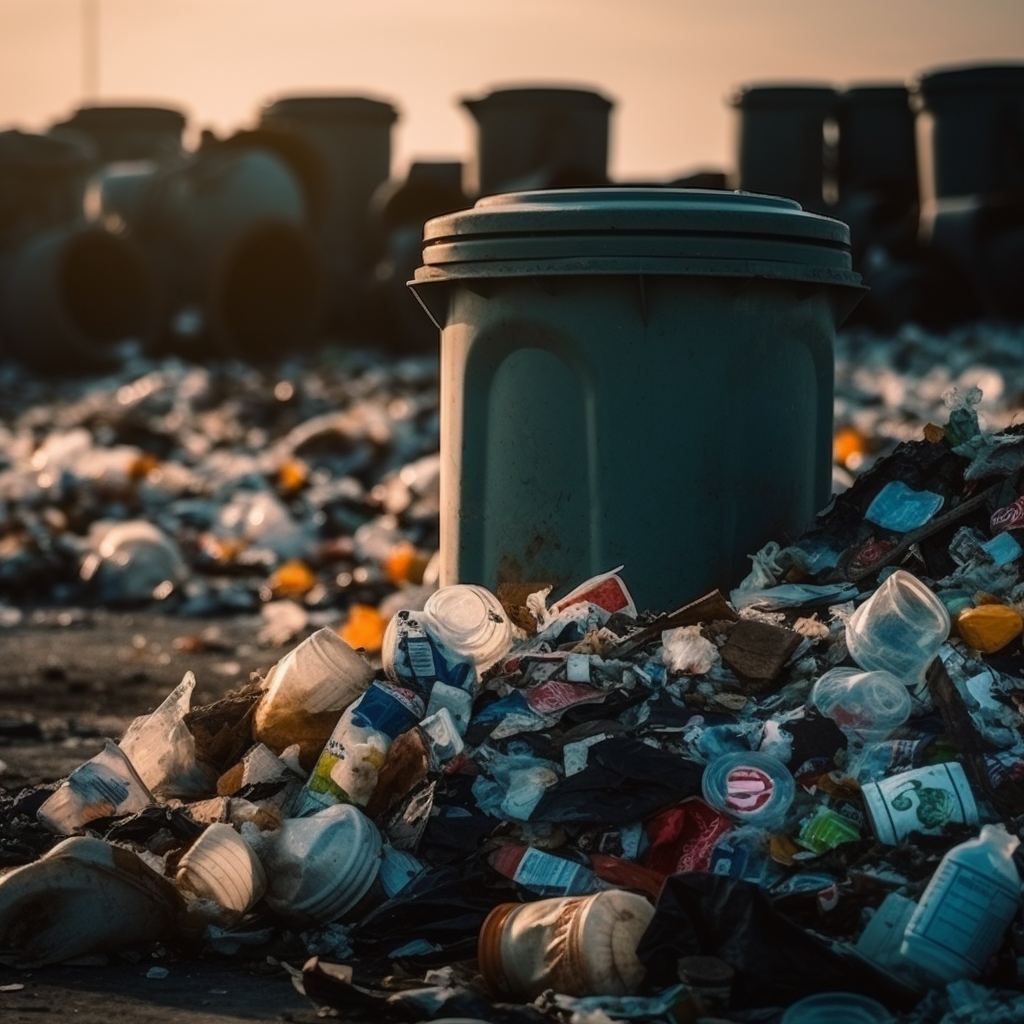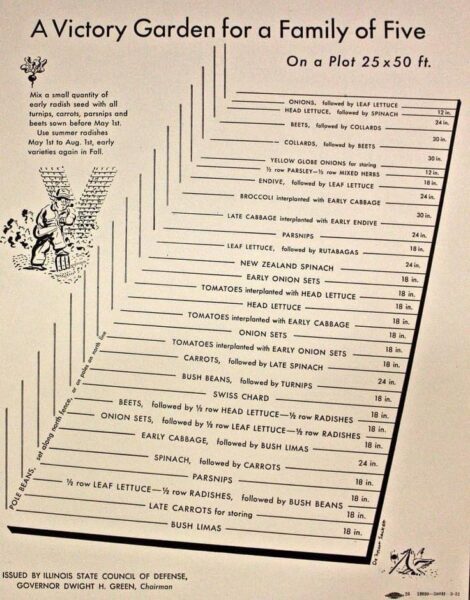In today’s throwaway culture, waste reduction and recycling initiatives are crucial for building a sustainable future. By rethinking our approach to waste management, we can minimize the environmental impact, conserve resources, and create a circular economy. In this article, we delve into the world of waste reduction and recycling, exploring innovative initiatives that are transforming trash into valuable resources. Discover how these initiatives are reshaping our perception of waste and paving the way for a more sustainable and eco-conscious society.

- Source Separation and Composting:
- Explore the importance of source separation, where waste is sorted at its origin into recyclables, organics, and non-recyclables. Discuss the benefits of composting organic waste, including reducing landfill waste, creating nutrient-rich soil, and mitigating greenhouse gas emissions.
- Recycling Programs and Infrastructure:
- Highlight the significance of recycling programs and the role of proper infrastructure in promoting recycling practices. Discuss single-stream recycling, e-waste recycling, and community recycling centers, emphasizing the importance of convenient and accessible recycling options for individuals and businesses.
- Circular Economy and Resource Recovery:
- Dive into the concept of the circular economy, where waste is seen as a valuable resource. Explore initiatives that focus on resource recovery and transforming waste into new products through recycling, upcycling, and repurposing. Highlight success stories of companies and organizations that have embraced the circular economy model.
- Innovative Recycling Technologies:
- Showcase groundbreaking technologies that are revolutionizing recycling processes. Discuss advancements in sorting technologies, plastic recycling innovations, and upcycling techniques that convert waste materials into new and valuable products. Explore the potential of technologies like pyrolysis and chemical recycling in tackling hard-to-recycle materials.
- Extended Producer Responsibility (EPR):
- Discuss the concept of extended producer responsibility, where manufacturers take responsibility for the entire life cycle of their products, including disposal. Explore how EPR programs encourage producers to design products with recycling and waste reduction in mind, promoting a more sustainable approach to manufacturing and consumption.
- Waste Reduction Strategies:
- Highlight effective waste reduction strategies that individuals, businesses, and communities can adopt. Explore concepts like mindful consumption, reducing packaging waste, embracing reusable alternatives, and minimizing food waste. Provide practical tips for waste reduction in everyday life.
- Community Engagement and Education:
- Emphasize the importance of community engagement and education in driving waste reduction and recycling initiatives. Discuss the role of awareness campaigns, educational programs, and grassroots movements in promoting behavioral changes and fostering a culture of sustainability. Highlight the power of collective action in creating a lasting impact.
Waste reduction and recycling initiatives are key to building a sustainable future. By implementing source separation, embracing recycling programs, fostering a circular economy mindset, and leveraging innovative technologies, we can transform waste into valuable resources. Engaging communities, educating individuals, and encouraging responsible consumption will drive the transition towards a more sustainable and waste-conscious society. Let’s embrace these initiatives, turn trash into treasure, and pave the way for a greener and more sustainable future for generations to come.
As an Amazon Associate we earn from qualifying purchases through some links in our articles.




